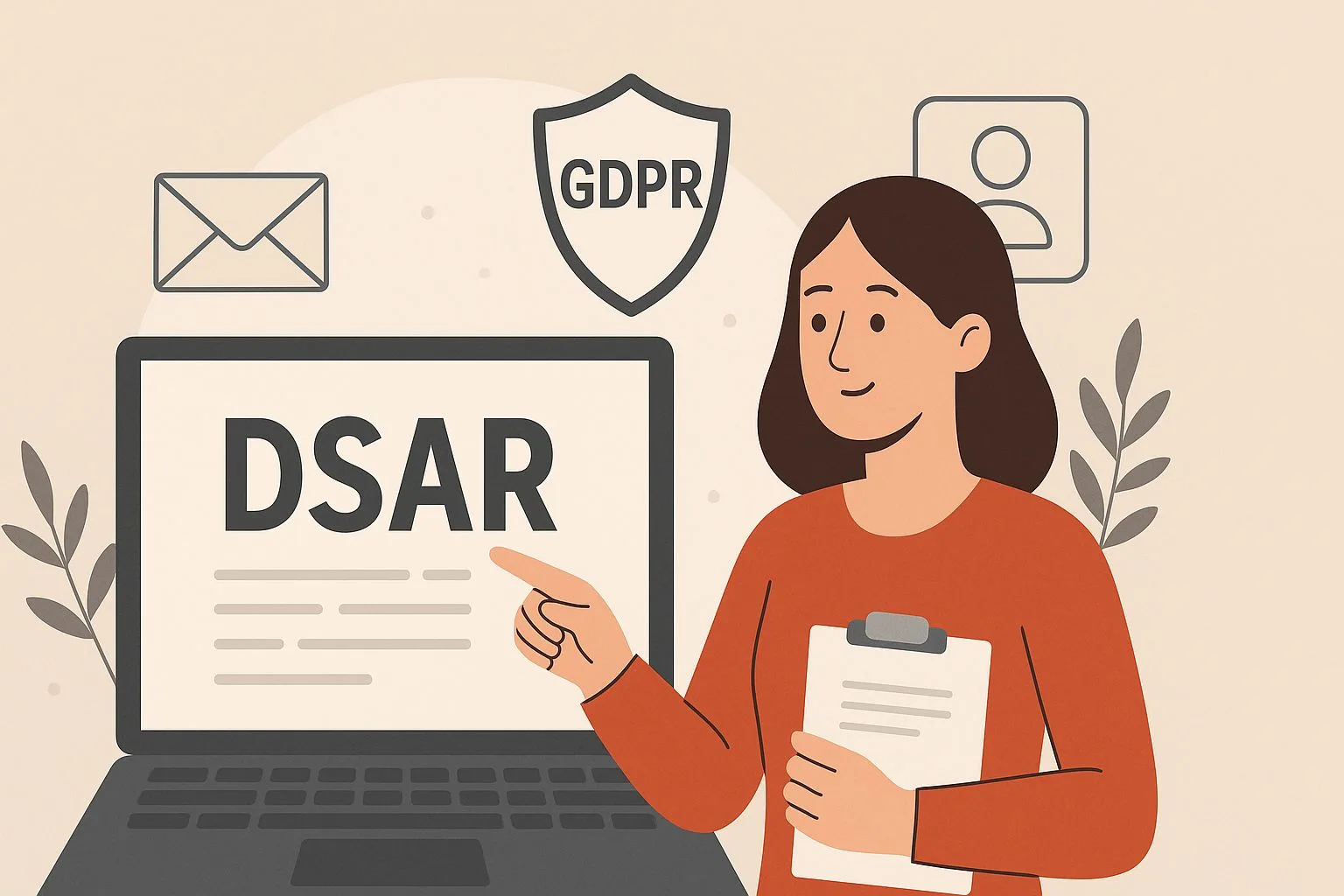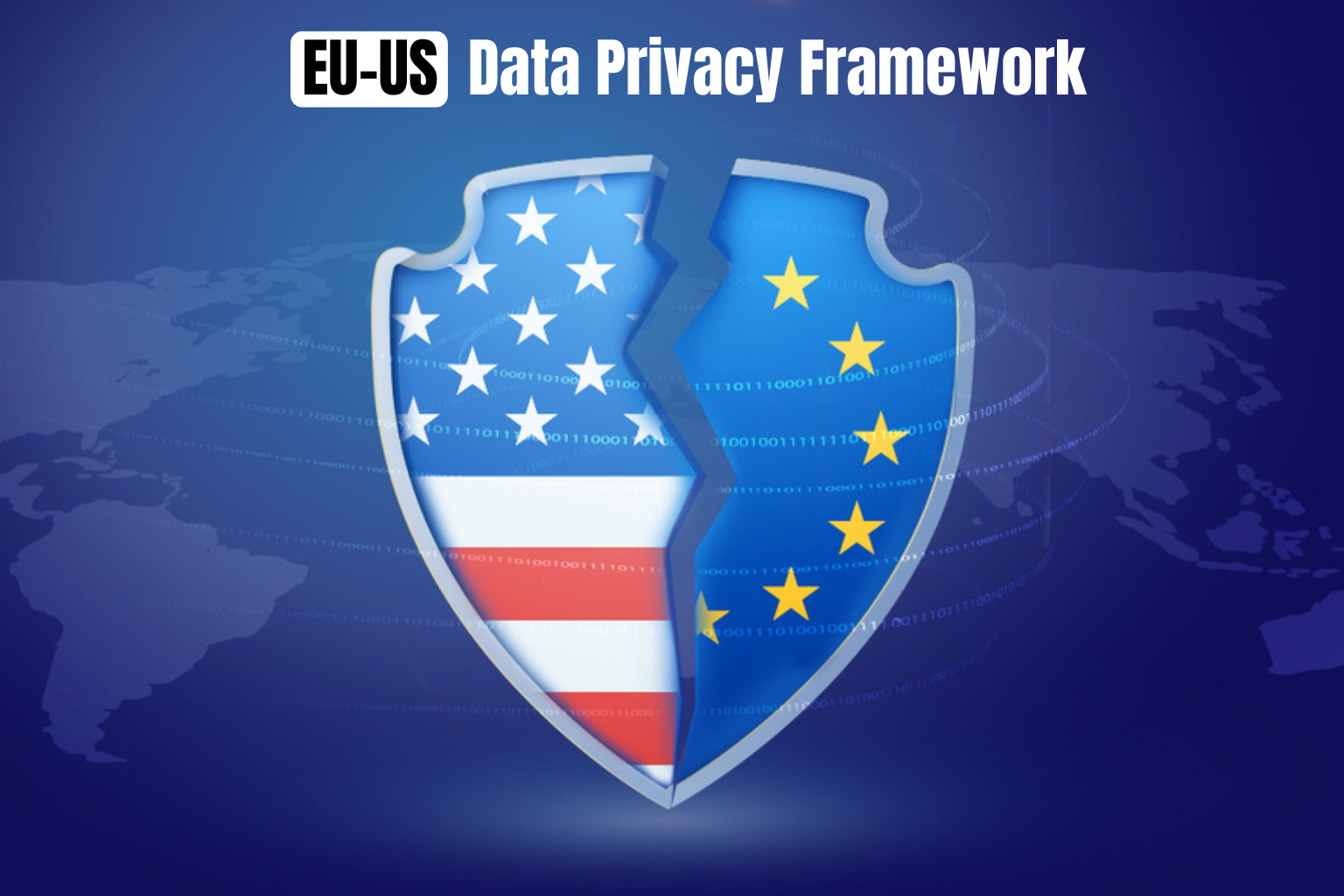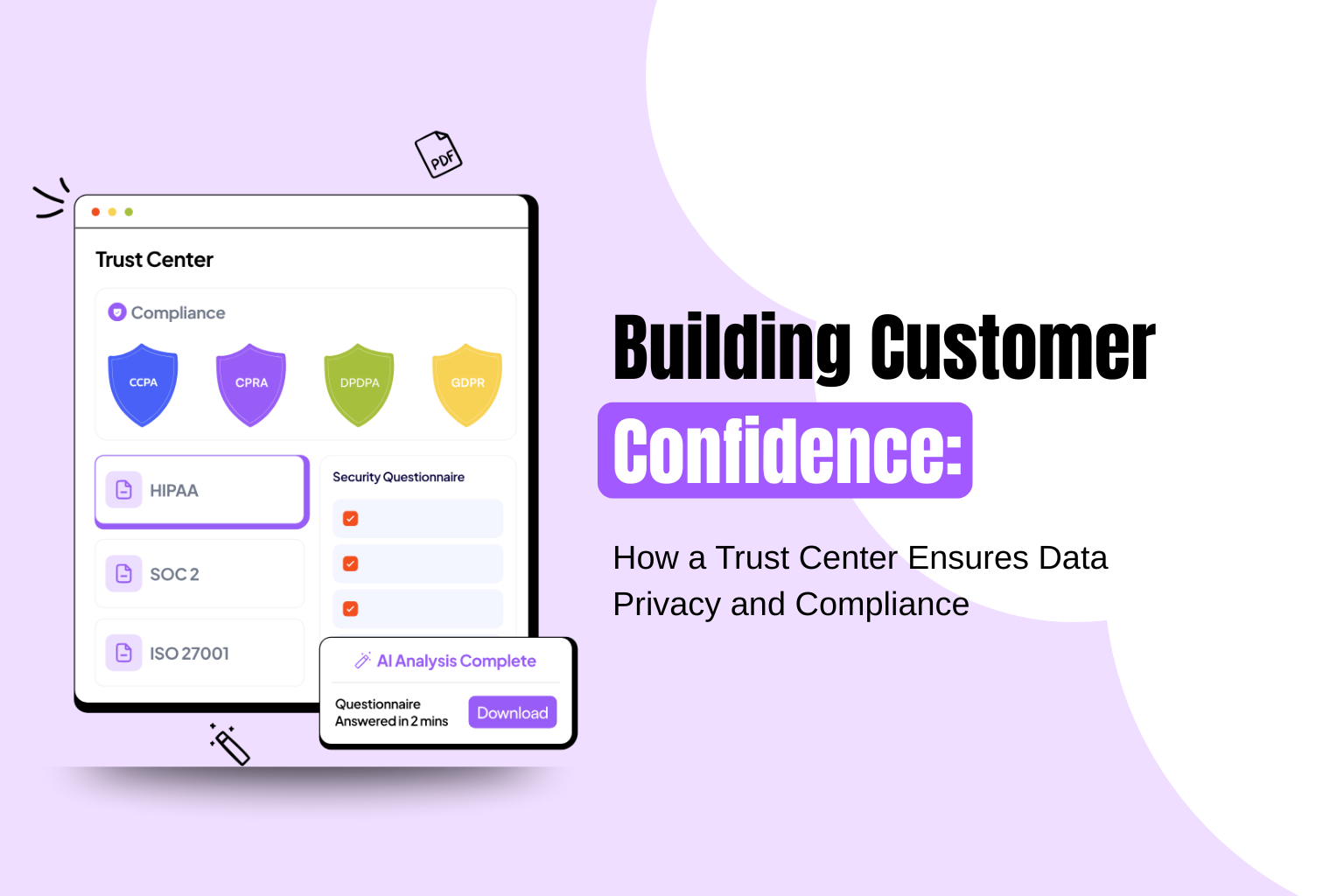
What Is a Data Subject Access Request (DSAR)? A Simple Guide to Your GDPR Rights
People often worry about their data—where it’s stored, who has access to it, and how it’s being used. With information spread across so many platforms, it’s not easy to keep track.
Lack of proper treatment of data by companies not only violates trust but can cause serious fines in the framework of schemes such as GDPR and DPDP. This puts businesses in an awkward position, struggling to comply and handle data efficiently.
“Data Subject Access Request (DSAR)” allows you to know what is going on with your data. Redacto’s DSAR automated management monitors data within their systems, automates their responses, and updates with compliance regulations. In this article, we’ll break down DSARs, how they affect data transparency, and the importance of automated solutions to make privacy management easier.
Who is a Data Subject?
Any individual whose personal information is gathered, handled, or held by an organization is a “data subject”. This may comprise customers, employees, or other stakeholders.
According to laws such as the GDPR, each data subject possesses a set of rights, including the right to access, rectify, or delete their data. By understanding these rights, organizations will be accountable and transparent.
By upholding the right of data subjects, businesses not only become compliant with the law but also reinforce their reputability and credibility in the eyes of their stakeholders.
What Is a Data Subject Access Request (DSAR)?
A data subject access request (DSAR) is an official request made by an individual to get information regarding their data. The regulations, such as GDPR and DPDP, serve to protect these rights so that users should not lose control over their information.
Data subjects can use a DSAR request to enquire about what data organizations are acquiring, why, and to whom the organizations share it. The companies have to reply within limited deadlines, usually 30 days.
The process of handling DSARs may be tricky. The process is simplified by automated redaction tools like Redacto that allow companies to respond effectively without losing sight of GDPR requirements and other policies.
When and Why Are DSARs Submitted?
DSAR requests are made when individuals seek to be advised regarding how their data is being used or when they perceive it to be misused. They are also used to check if the information collected by a company is accurate or needs to be updated.
Businesses receiving a DSAR under laws like GDPR must respond within 30 days to stay compliant.
Here is why DSAR request’s are submitted:
- Understand data usage: To see what personal data is stored and how it’s being processed.
- Correct inaccuracies: To update incorrect or outdated personal information held by an organization.
- Request data deletion: To ask businesses to delete personal data no longer needed or processed unlawfully.
Responding to DSARs is vital for building trust and avoiding regulatory penalties. Solutions from Redacto simplify this through automation, ensuring requests are logged, tracked, and processed efficiently while staying compliant with global privacy laws like GDPR and DPDP.
How Organizations Should Respond to a DSAR

Handling Data Subject Access Requests (DSARs) is crucial for businesses to stay compliant with laws like GDPR or DPDP while ensuring transparency. A well-defined process not only keeps companies legally safe but also builds trust with their stakeholders.
- Acknowledge and Log the Request: Send an immediate confirmation to the requester and record the details for tracking.
- Verify Identity: Validate the identity of the individual requesting to protect sensitive data from unauthorized access.
- Locate Data Across Systems: Gather all relevant personal data from various departments, tools, or vendors.
- Process the Request: Assess the request to determine what data can be shared, denied (with legal reasons), or erased.
- Respond Within Deadlines: Provide a clear, user-friendly response within the designated timeframe (commonly 30 days).
Benefits of Automating DSAR Management
As DSARs increase in volume and complexity, automation is becoming essential for businesses to handle them effectively. Automated tools bring multiple advantages:
- Time Savings: Redacto's automated DSAR tool streamlines the collection, organization, and dissemination of data, saving significant time for legal and operational teams.
- Error Reduction: Automation minimizes human errors in data discovery, classification, and reporting, ensuring compliance and avoiding penalties.
- Scalability: Organizations can handle larger volumes of requests without adding manpower or sacrificing efficiency.
- Compliance Tracking: Automated workflows help ensure each step meets regulatory requirements, keeping companies in line with laws like GDPR or DPDP.
Automation not only improves efficiency but also ensures a consistent, trustworthy process that strengthens customer confidence.
DSARs and Third-Party Risk Management
One often-overlooked aspect of Data Subject Access Requests (DSARs) is third-party involvement. Many organizations share data with vendors, partners, and other third parties, which can complicate compliant responses.
Third-party risk management is critical when handling DSARs:
- Vendor Coordination: Ensuring vendors can locate and provide requested data efficiently without causing delays.
- Data Security: Keeping shared data protected against unauthorized access while processing DSARs.
- Compliance Assurance: Confirming vendors handle data in compliance with laws like GDPR and DPDP.
Redacto specialises in simplifying third-party workflows with its DSAR management tool by creating automated vendor management processes. This ensures all parties involved meet legal obligations, protecting your organization while maintaining trust with individuals requesting their data. Check out DSAR to enhance your privacy management.
Conclusion
Managing Data Subject Access Requests (DSARs) is vital for trust and compliance with laws like GDPR and DPDP. Tools like Redacto simplify this, ensuring efficiency and transparency. By prioritizing DSARs, businesses protect data rights and avoid penalties. Let’s embrace solutions that make privacy management easier for everyone involved.
FAQs
1. What is a Data Subject Access Request (DSAR)?
A DSAR lets individuals ask companies about their data—how it’s stored, used, or shared. This right is key under laws like GDPR.
2. How fast must companies reply to DSARs?
Under GDPR, companies must respond within 30 days. Some cases allow extensions if the request is complex or involves large data sets.
3. Can a DSAR be refused?
Yes, companies can refuse DSARs if they’re excessive or unfounded. Legal reasons must be provided to justify any denial to the requester.
4. How does Redacto help with DSARs?
Redacto automates DSAR handling with data discovery and workflows, ensuring quick, error-free responses while complying with GDPR and other privacy laws.
5. What happens if DSAR rules are ignored?
Ignoring DSAR rules can lead to hefty fines under GDPR—up to €20 million or 4% of global turnover, plus damage to reputation.




%20Redacto%20logo_New.png)



.jpg)



.jpg)
